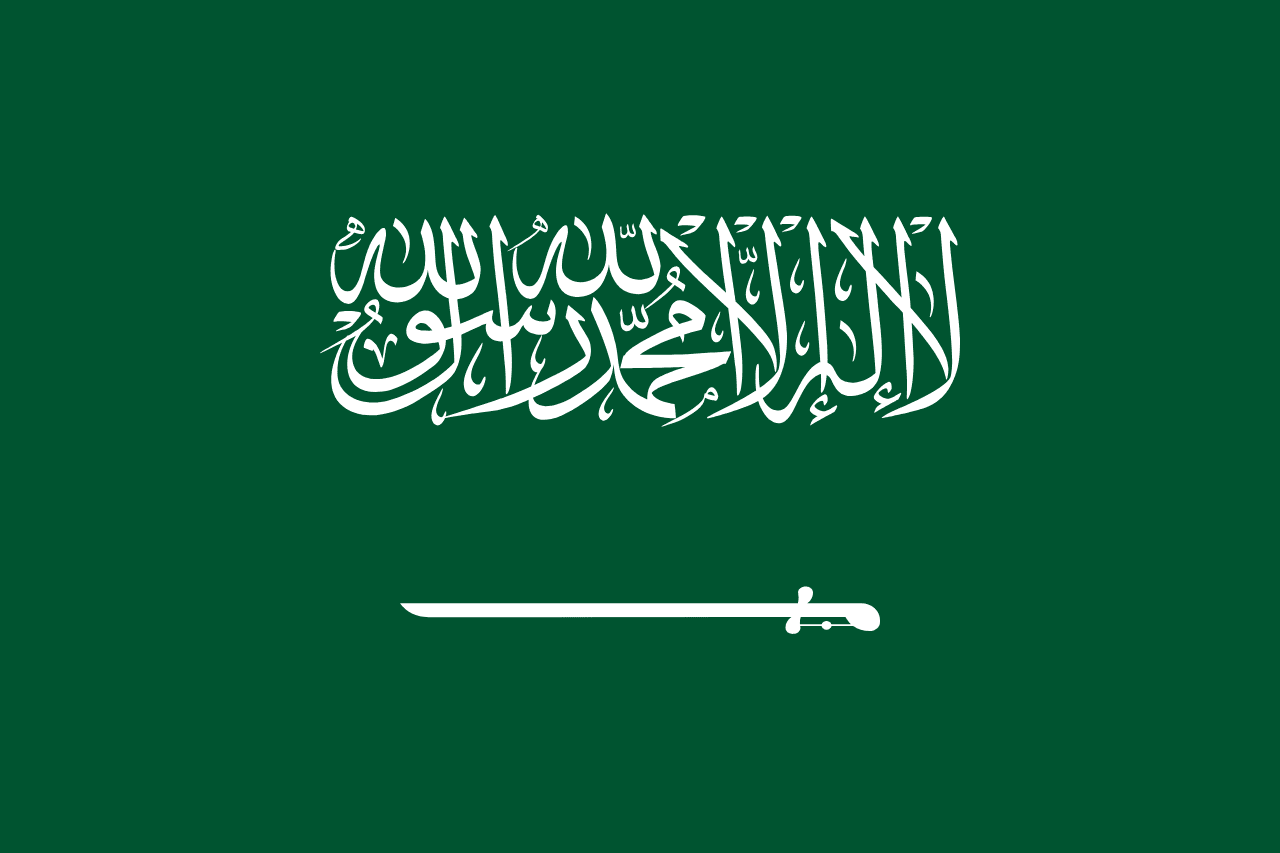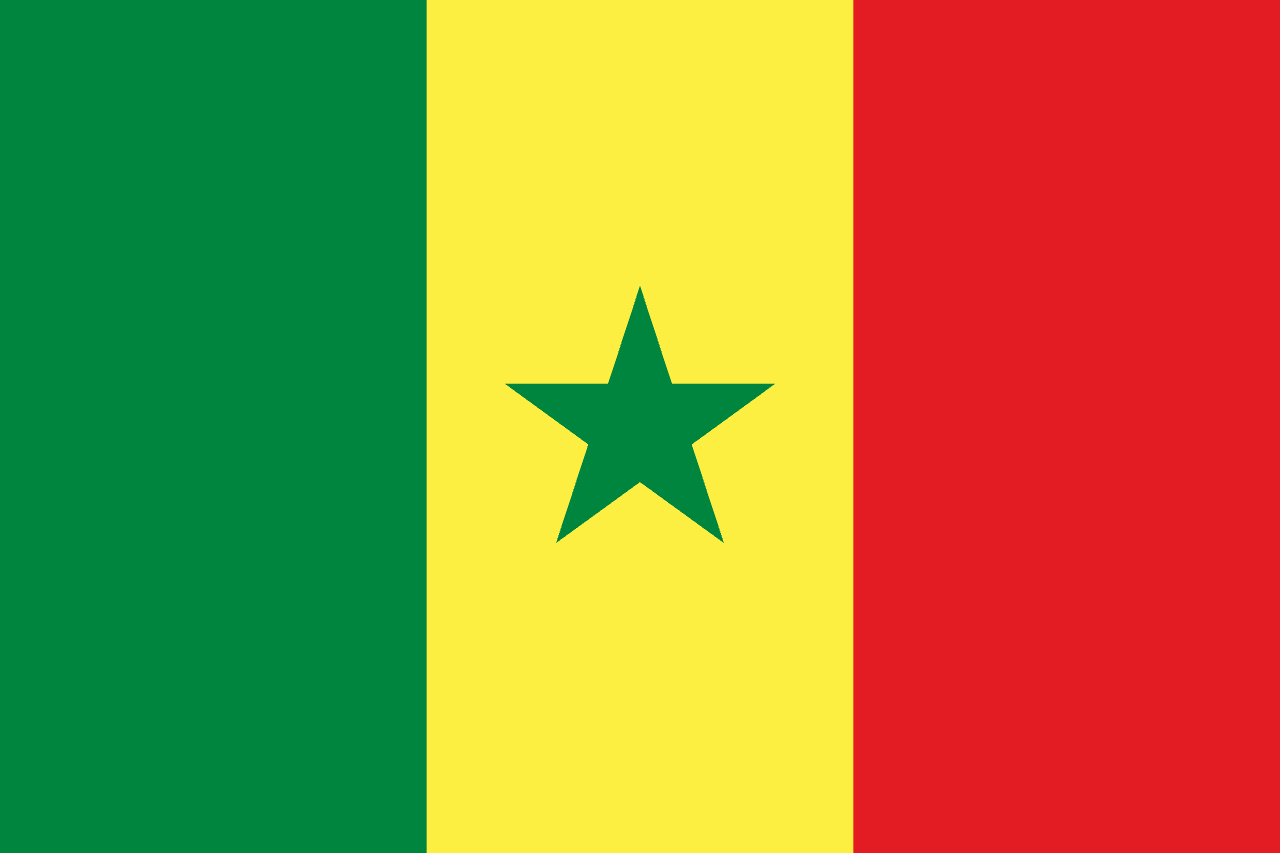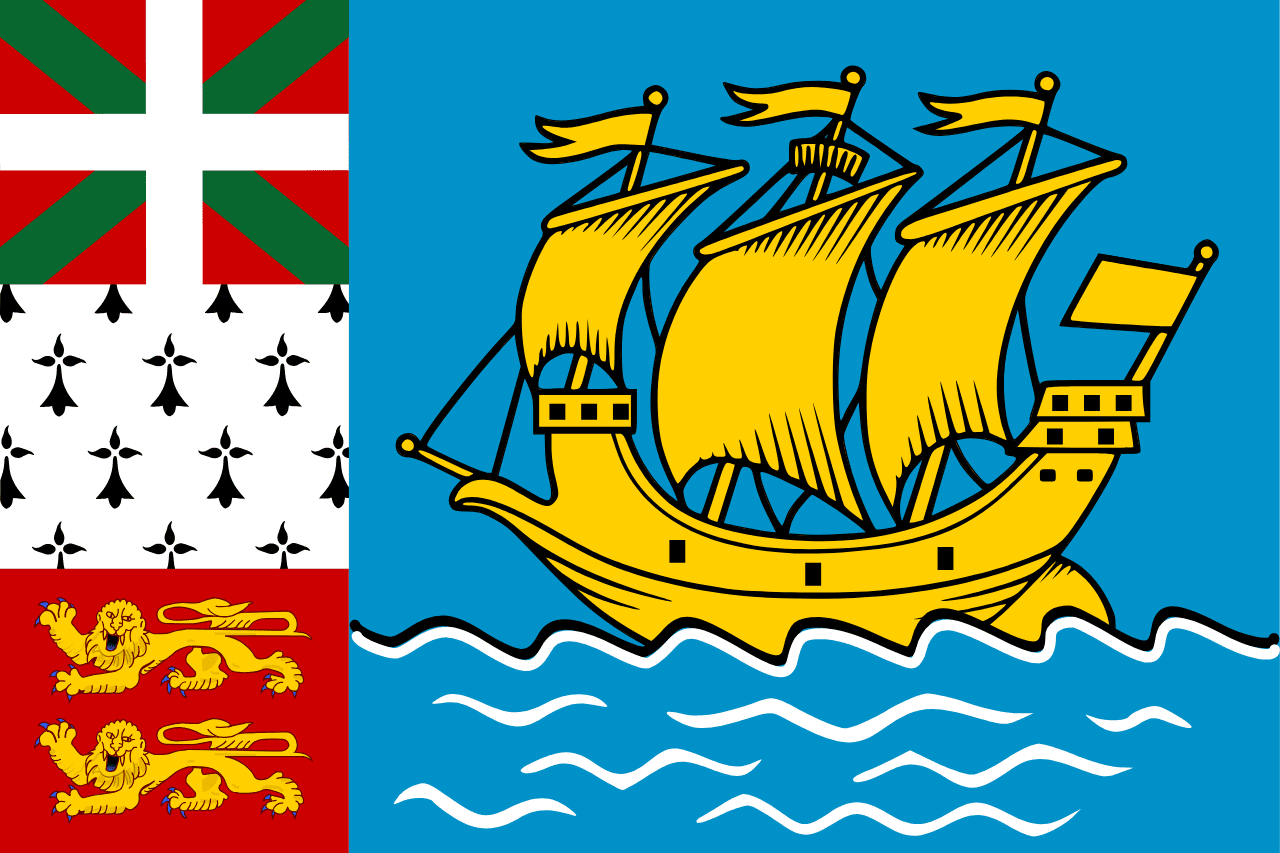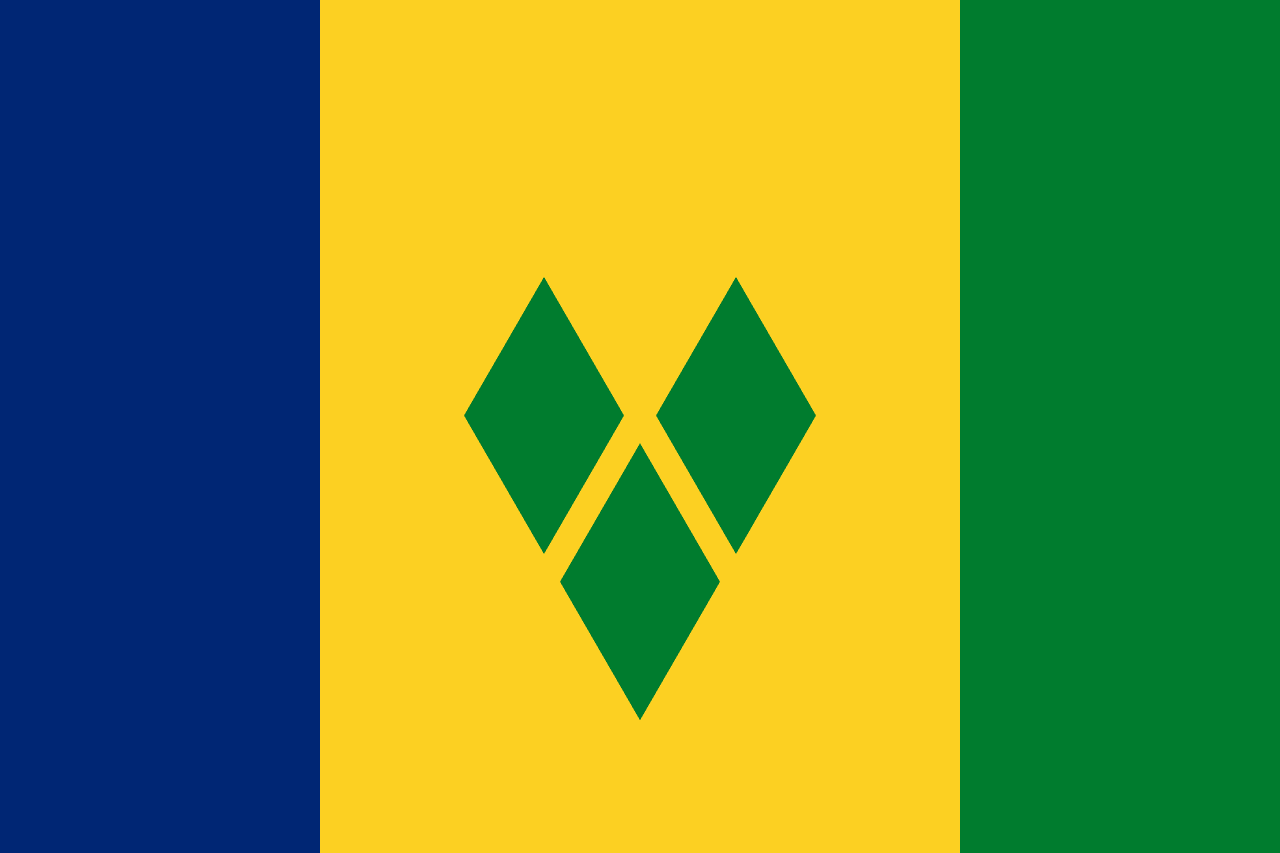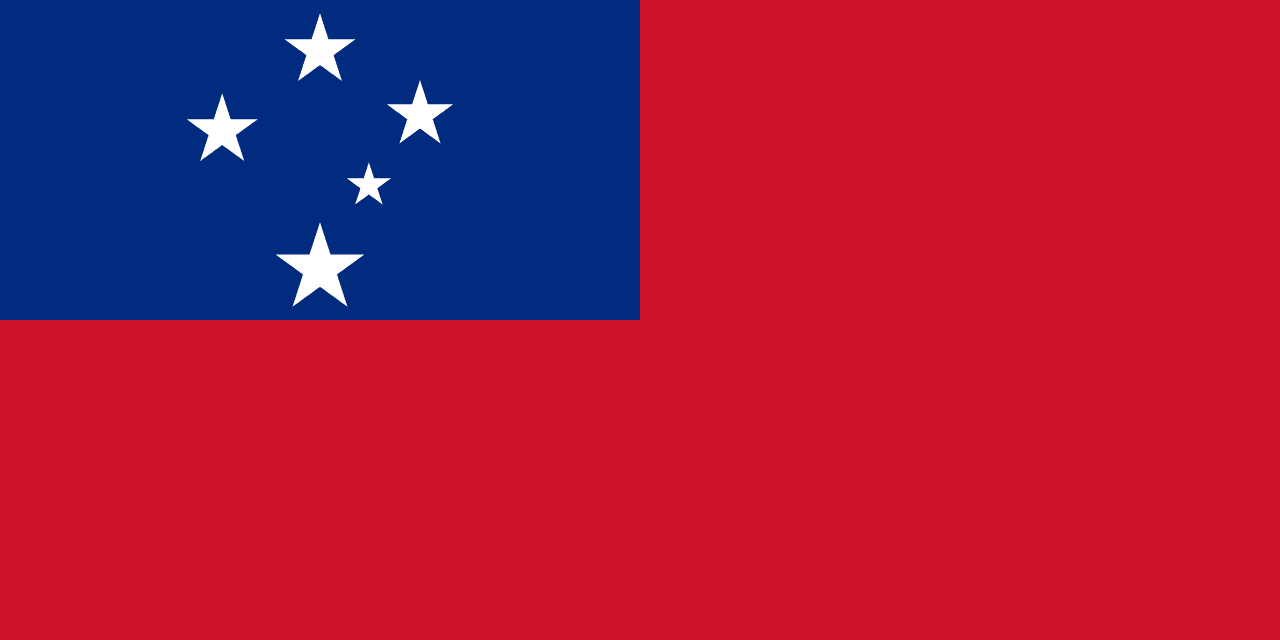The flag of San Marino consists of two equal horizontal stripes of white (top) and light blue, with the national coat of arms prominently displayed in the center. This elegant design reflects the rich history and enduring values of one of the world's oldest republics.
San Marino information
| National Flag Day | — |
| Sovereign state | Yes |
| Official name | Republic of San Marino |
| Capital | San Marino |
| Population | 34,232 |
| Area | 61 km² |
| Currency | Euro (€) (EUR) |
| Language | Italian |
| Continent | Europe |
| Region | Southern Europe |
| Subregion | Apennine Peninsula |
| Borders | Italy |
| Timezone | Central European Time (CET) UTC+1 |
| Calling code | +378 |
| Top-level domain | .sm |
History of the San Marino flag
 The flag was officially adopted on April 6, 1862, making it one of the oldest national flags still in use. Its design has roots in medieval heraldry and has remained largely unchanged for over 150 years, symbolizing the stability and continuity of San Marino's unique political system. The adoption of the flag coincided with a period of national resurgence and reaffirmation of San Marino's sovereignty.
The flag was officially adopted on April 6, 1862, making it one of the oldest national flags still in use. Its design has roots in medieval heraldry and has remained largely unchanged for over 150 years, symbolizing the stability and continuity of San Marino's unique political system. The adoption of the flag coincided with a period of national resurgence and reaffirmation of San Marino's sovereignty.
Symbolism and design of the San Marino flag
Each element of the flag carries deep symbolic meaning:
- The white stripe symbolizes peace, reflecting San Marino's long-standing tradition of neutrality and its peaceful coexistence with neighboring states.
- The light blue stripe represents liberty and the clear skies over Mount Titano, the highest point in San Marino.
- The national coat of arms in the center features three towers on three peaks, symbolizing the three citadels of San Marino: Guaita, Cesta, and Montale. These fortresses have historically protected the republic's freedom and independence.
- The coat of arms also includes a closed crown, symbolizing sovereignty, and is surrounded by an oak and laurel wreath, representing stability and honor respectively.
The simplicity of the two-color design, combined with the intricate coat of arms, creates a flag that is both instantly recognizable and rich in historical significance.
Usage and significance of the San Marino flag
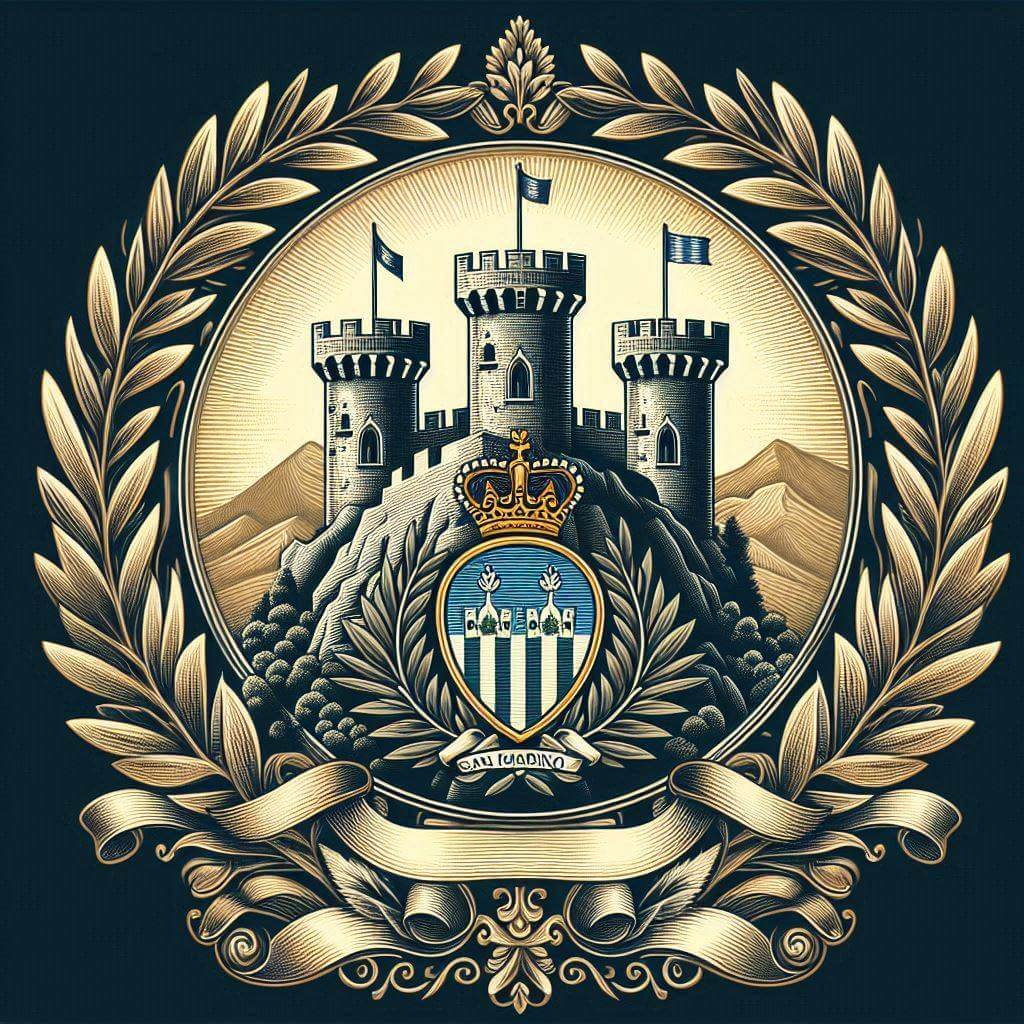 The flag of San Marino is a source of great pride for its citizens and is prominently displayed throughout the small republic. It flies on government buildings, schools, and during national celebrations such as the Feast of Saint Marinus on September 3rd, which commemorates the founding of the republic. The flag also represents San Marino in international forums and events, serving as a symbol of the nation's unique status as one of the world's smallest and oldest sovereign states.
The flag of San Marino is a source of great pride for its citizens and is prominently displayed throughout the small republic. It flies on government buildings, schools, and during national celebrations such as the Feast of Saint Marinus on September 3rd, which commemorates the founding of the republic. The flag also represents San Marino in international forums and events, serving as a symbol of the nation's unique status as one of the world's smallest and oldest sovereign states.
Interesting facts about San Marino
- San Marino claims to be the world's oldest republic, with a constitutional government dating back to 1600.
- The flag's light blue color is often referred to as "liberty blue", symbolizing the nation's cherished freedom and independence.
- During World War II, San Marino briefly adopted a flag with a horizontal tricolor of white, blue, and white, but reverted to the traditional design after the war.
- The three towers on the coat of arms are not just symbolic; they are real fortifications that still stand today and are major tourist attractions.
- San Marino's flag is one of the few national flags that features a complex coat of arms as a central element, reflecting the nation's rich heraldic traditions.

